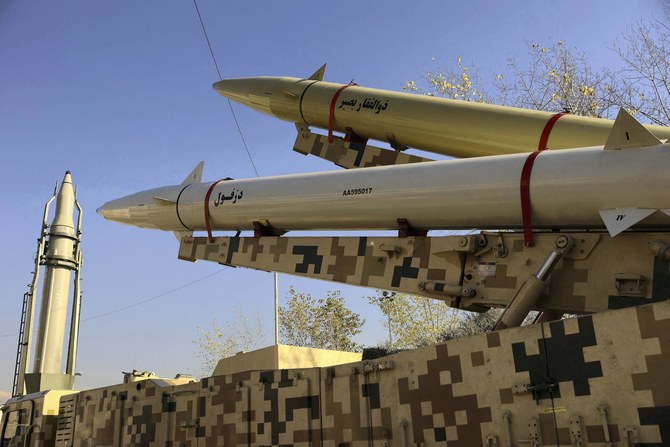Okinawa and US Military Expenses: Will There Be Greater Burdens?
The U.S. asked for this increase in light of China’s arms expansion and the national security situation in East Asia surrounding Japan. In the midst of severe economic conditions, it won’t be easy to get the public’s understanding for such expenditures. The government needs to clearly explain the basis for this request.
This latest agreement, aimed at strengthening cooperation between the Japan Self Defense Forces and the U.S. military, establishes a new "training equipment procurement cost" to purchase the latest system used for joint training at a cost of up to 20 billion yen over five years (approximately $173 million).
While light, heating and water costs for the strongly criticized U.S. military bases will gradually decrease over the five-year period, construction and maintenance costs for aircraft hangars and other such facilities will increase.
Under the U.S.-Japan Status of Forces Agreement, as a general rule, Japan is responsible for the costs of garrisoning the U.S. Japan Forces. As the focus shifts from shouldering the burden to strengthening deterrence and response capabilities, the government is set to change what was called the "sympathy budget" to a budget for strengthening the alliance. Despite the name change, there is no reason the burden should fall on Japan. Furthermore, even as joint training to strengthen cooperation between the U.S. and Japan increases, it is possible that even more joint training is imminent. Japan must investigate and verify these continuous expenditures.
Another concern is that Okinawa, which is where most of the USJF is concentrated, will be compelled to take on even greater burden and sacrifice than it has to date.
The cooperative operation plan that the JSDF and the U.S. military have formulated became clear this month The U.S. Marines will reportedly establish a military base in the Nansei Islands (also known as the Ryukyu Islands), in anticipation of a possible crisis in Taiwan.
In recent years, the USJF has accelerated the deployment of troops to locations such as the Miyako Islands and Yonaguni in the Nansei Islands. In the event that the U.S. and Japan were to engage in collaborative warfare, the danger that JSDF bases would be attacked and citizens would be dragged into a conflict dramatically increases. We must not repeat the tragedy of the Battle of Okinawa, in which the islands became a battleground on which a quarter of all Okinawans were killed.
If the plan proceeds without any way to alleviate the burden on Okinawa, the budget for enhancing forces in Okinawa for 2022 will be about 268 billion yen (approximately $2.3 billion) a significant decrease of 33 billion yen from the cost in 2021 (approximately $285 million). The reason for the price falling below 300 billion yen (approximately $2.6 billion) for the first time in 10 years was to shake up next fall’s gubernatorial race; Gov. Denny Tamaki opposes relocating the U.S. military’s Marine Corps Air Station Futenma from Ginowan City in Nago prefecture to Henoko in Nago City. It is absurd to foster division in the region by roping the dispute over the base between the local and national governments into budgetary considerations.
The Okinawan people consistently demonstrate opposition to relocation of military facilities within the prefecture, not just in the gubernatorial elections, but also in the prefectural elections. The government must acknowledge how steadfastly the people feel about this.
At the Diet session in January of next year, we hope we will see thorough deliberation, not only about the current state of Japan’s financial responsibilities, but also about amending the special rights granted to the USJF under the Status of Forces Agreement.

